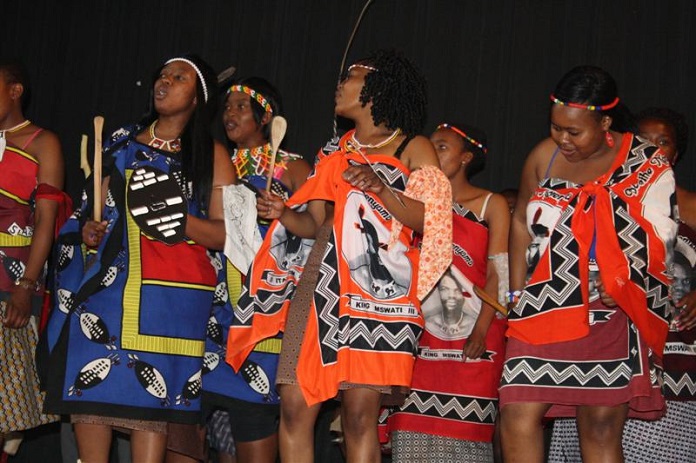The Swazi or Swati are a Bantu ethnic group native to Southern Africa, inhabiting Eswatini, a sovereign kingdom in Southern Africa. EmaSwati are part of the Nguni-language speaking peoples whose origins can be traced through archaeology to East Africa where similar traditions, beliefs and cultural practices are found.
Swati

Are Zulu and Swati the same?
Swati is known as siSwati, Swazi and Sewati. It is one of the Bantu languages of the Nguni Group, and it is spoken in Swaziland and South Africa. Swati is closely related to Xhosa, Zulu and Ndebele, but is a seperate language and one of South Africa’s eleven official languages.
Where do Swati originally come from?
The Swazi nation, as we know it today, originally came from Mozambique. Their Nguni ancestors probably moved there before the sixteenth Century as part of the Bantu migration. Archaeologists have found human remains in eastern Swaziland that have been dated to be 110 000 years old.
What are Swati people known for?
The Swazi, who are chiefly agriculturists and pastoralists, numbered about 1,810,000 in the late 20th century. The language of the Swazi, called Swati or Swazi, belongs to the Benue-Congo group of the Niger-Congo languages; with the Zulu and the Xhosa, the Swazi form the southern Nguni ethnolinguistic group.
Is it Swati or Swazi?
Swati, Sewati, Swazi or siSwati are all names for the same language, which is part of the Nguni group. It is also one of the many Bantu languages and is spoken by people in South Africa and Swaziland.
